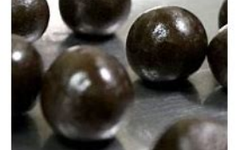

Pills, commonly known as wán yào (丸药), are one of the traditional dosage forms of Chinese medicine. Ancient medical practitioners have made many insightful discussions on the application of pills, as recorded in the Shennong Bencao Jing (神农本草经), which states, “Medicinal properties suitable for pills should be suitable for powders…”.
Li Dongyuan stated: “Pills are slow; they cannot quickly eliminate diseases but treat them gently and gradually.” In modern times, pills have also become one of the commonly used dosage forms in Chinese patent medicines.
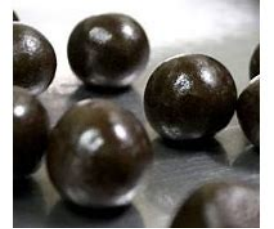
01
Characteristics of Pills
Pills dissolve slowly in the gastrointestinal tract after ingestion, gradually releasing the medication, resulting in a prolonged effect. Therefore, they are often used for the treatment and regulation of chronic diseases, such as Bazhen Wán (八珍丸) and Guipi Wán (归脾丸). They can also be used for emergencies, such as Angong Niuhuang Wán (安宫牛黄丸). For toxic and irritating drugs, pills can be formulated with excipients to delay absorption and reduce toxicity and adverse reactions, such as Xingxiao Wán (醒消丸) and Qizhen Wán (七珍丸). Pills can also mask unpleasant odors of medications.
Pills can accommodate solid and semi-solid medications during preparation and can also hold a significant amount of viscous and liquid medications. Precious and aromatic drugs that should not be boiled for long, such as Shexiang (麝香) and Suhexiang (苏合香), are suitable for pill formulation, such as Shexiang Baoxin Wán (麝香保心丸).
02
Classification of Pills
During the preparation of pills, in addition to the main ingredients, some excipients are usually added, known as excipients. Common excipients include water, honey, medicinal juices, rice paste, and beeswax.
Pills can be classified based on the type of excipient used: Honey Pills (蜜丸), Water Pills (水丸), Concentrated Pills (浓缩丸), Paste Pills (糊丸), and Wax Pills (蜡丸).
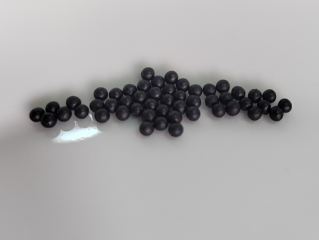
03
What are the differences between Honey Pills, Water Pills, and Concentrated Pills?
Honey Pills
Honey Pills refer to pills made from finely powdered medicinal materials using refined honey as a binding agent. They are generally suitable for treating chronic diseases and tonics. The honey used for making Honey Pills must be refined before use.
Honey Pills have the following characteristics: 1. Due to the viscosity of honey, Honey Pills dissolve gradually in the gastrointestinal tract, resulting in a prolonged effect. 2. Honey contains a large amount of reducing sugars, which can prevent the oxidation of easily deteriorating components in medicinal materials, and during the refining process, the moisture content is further reduced, eliminating the need for medicinal preservatives, thus extending shelf life.
Honey Pills are classified into large Honey Pills, small Honey Pills, and Water Honey Pills. Large Honey Pills are larger in size, have a strong odor, and are less palatable when chewed; small Honey Pills and Water Honey Pills are easier to swallow compared to large Honey Pills.
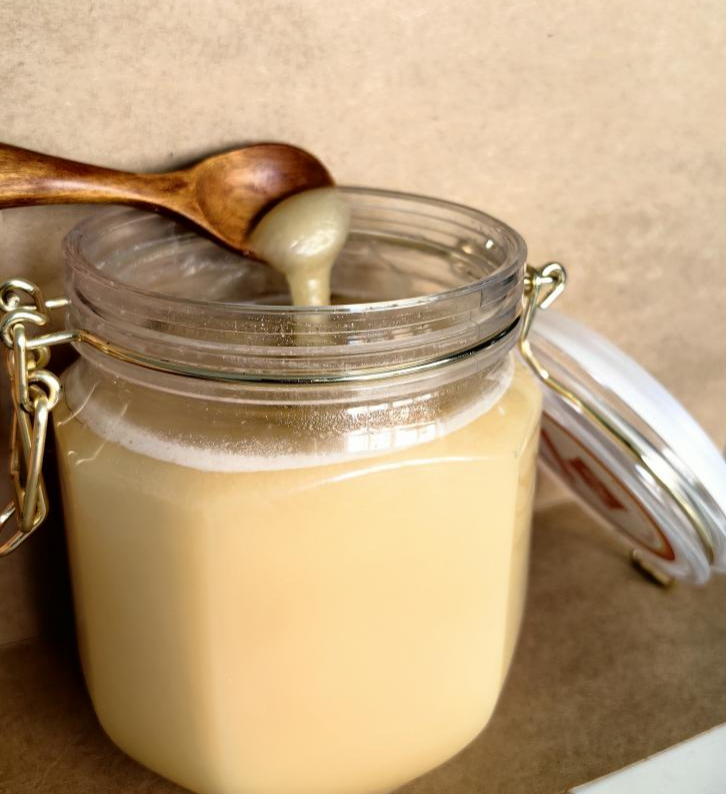
Water Pills
Water Pills refer to pills made from finely powdered medicinal materials using water or other specified excipients such as wine, vinegar, or medicinal juices. They are often used for exterior-releasing agents, heat-clearing agents, and digestive aids.
Characteristics of Water Pills: 1. They dissolve and absorb easily after ingestion, showing effects relatively quickly. 2. Water Pills generally do not contain other additives, so the actual drug content is high, allowing for a reduction in the number of pills taken at each dose. The moisture content of Water Pills is generally controlled to be within 9%. They are suitable for patients who need to control blood sugar levels.
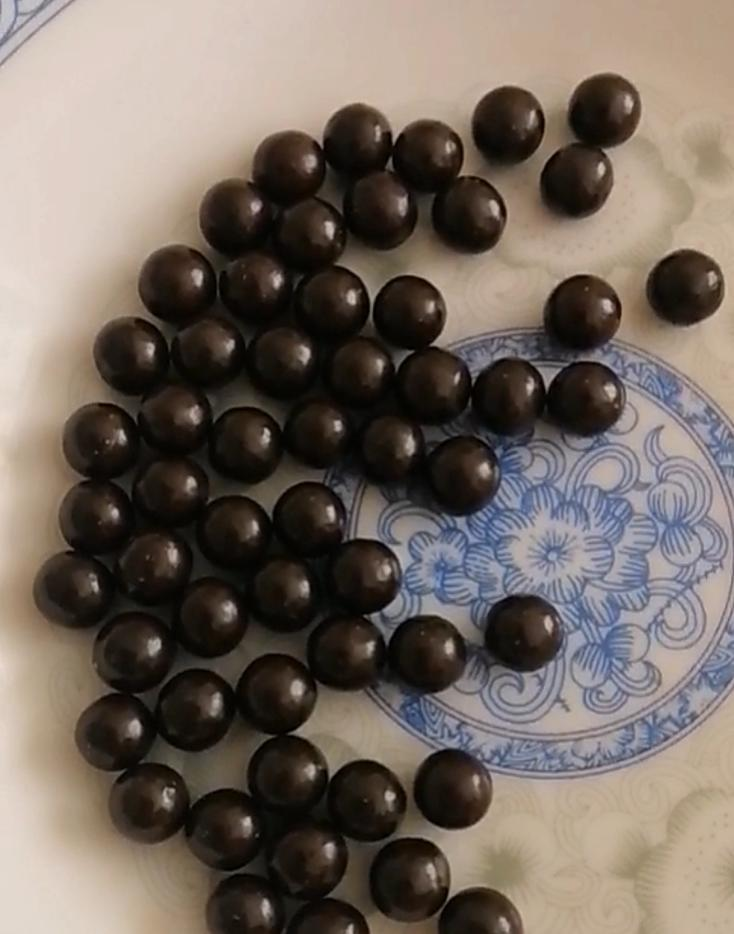
Concentrated Pills
Concentrated Pills refer to pills made from the clear paste or extract of medicinal materials or parts of medicinal materials combined with finely powdered other medicinal materials or suitable excipients. They can be divided into concentrated Water Pills, concentrated Water Honey Pills, and concentrated Honey Pills.
Concentrated Pills reduce volume, enhance efficacy, and are convenient for taking, carrying, and storing, but the preparation process is complex, and the price is relatively high.
Differences between Honey Pills, Water Pills, and Concentrated Pills
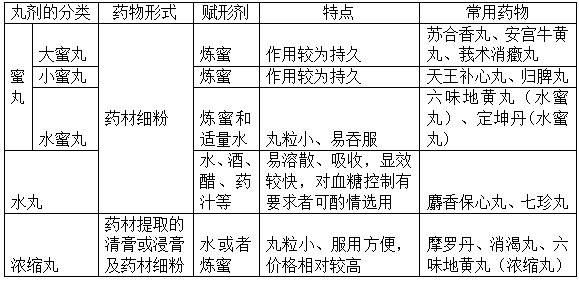
Finally, it is important to remind everyone that when treating diseases, the specific type of pill to be used should be determined based on the advice of doctors and pharmacists.Image source from the internet, infringement will be deletedWritten by: Dong YanfeiReviewed by: Wang Yujun

Pharmacy Window · Previous Issues Review
Pharmacy Window 102 || Chinese Herbal Pieces & Formula Granules / Are You Still Confused?
Pharmacy Window 101 || Eliminating the “Ghost” in the Stomach / Helicobacter Pylori
Pharmacy Window 100 || Spleen and Kidney Origin / Spleen Reinforcing and Essence Solidifying Paste / Regulating Chronic Gastrointestinal Diseases

Hospital Address:389 Zhongshan Road, Shijiazhuang City
Transportation Route:Take bus routes 1, 5, 28, 41, 42, 60, 116 and get off at “Provincial Hospital of Traditional Chinese Medicine” station. The subway line 1, get off at the Sports Center station and walk 200 meters east to reach.
Customer Service Phone:0311—69095114 (8:00-18:00)
West Campus Address:32 Xisan Zhuang Street, Shijiazhuang City
Transportation Route:Take bus routes 111, 29 and get off at the West Campus of the Provincial Hospital of Traditional Chinese Medicine (Zhongwang Road West Entrance) station, or take subway line 3, get off at Xisan Zhuang station and walk 1 kilometer south to reach.
Customer Service Phone:0311—69095400 (8:00-18:00)



